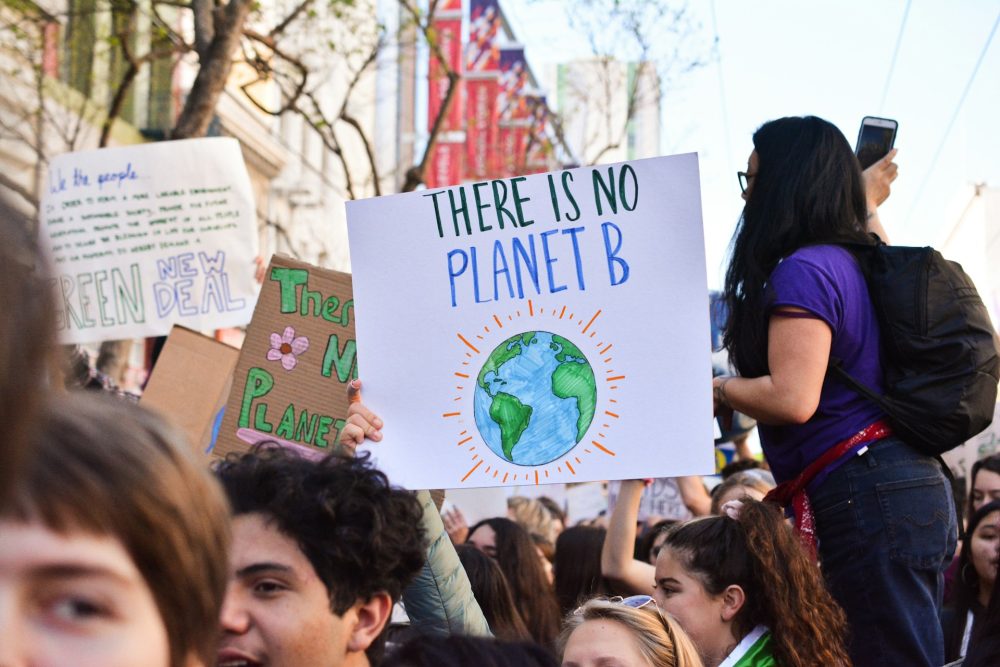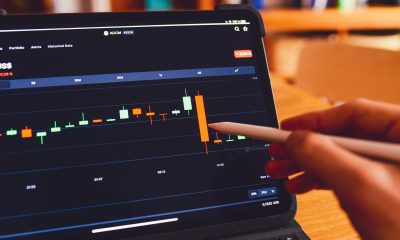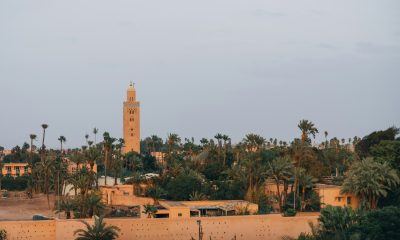Impact Investing
Morocco Advances Climate Transparency with New Legal Framework
Morocco, through the CBIT project, is developing a legal framework to strengthen climate transparency, aligning with Paris Agreement standards. The initiative builds robust monitoring, reporting, and verification systems, enhances governance, and boosts institutional capacity. Inclusive consultations will shape the framework, reinforcing Morocco’s climate leadership, accountability, and access to sustainable financing for its green transition.

Morocco is taking a strategic step in its climate policy by preparing a legal framework dedicated to transparency. Led by the CBIT project, this approach aims to align the Kingdom with the standards of the Paris Agreement, while equipping its institutions with robust monitoring, reporting, and verification tools.
At a time when global warming is forcing profound transformations on economies and societies, transparency in climate action is becoming an essential lever. For countries, it is no longer just a matter of setting ambitious targets, but also of demonstrating, with figures to back it up, the progress made. Morocco, which has ratified the Paris Agreement and committed to ambitious nationally determined contributions (NDCs), is taking a new step by initiating the development of a legal framework dedicated to climate transparency.
The CBIT Project as a Catalyst
It is in this context that the CBIT (Capacity Building Initiative for Transparency) project is taking place. Led by the Department of Sustainable Development within the Ministry of Energy Transition and Sustainable Development, its mission is to provide Morocco with the tools necessary for increased transparency. Specifically, the project aims to develop an integrated framework for monitoring and planning NDCs, while strengthening institutional and technical capacities at both the national and territorial levels.
This initiative is structured around two components. The first concerns governance, with the establishment of a clear management architecture to support the national measurement, reporting and verification (MRV) system.
The second concerns the strengthening of technical capacities, through the establishment of an online MRV system and the consolidation of GHG emissions inventories, monitoring of mitigation and adaptation actions, as well as financing and technology transfer mechanisms.
A phased and inclusive approach
The development of the future legal framework will follow a structured methodological approach. It will begin with an in-depth analysis of the existing legislative and institutional framework, in order to assess its consistency with international requirements and identify strengths and gaps. This step will be followed by a benchmark of international best practices, drawing on successful experiences in other countries that have already implemented advanced climate transparency systems.
Based on these analyses, a draft legal framework will be proposed. It will include not only the necessary legislative and regulatory texts, but also the institutional and procedural mechanisms that will enable effective implementation. The package will be accompanied by recommendations for gradual implementation, taking into account the country’s technical and financial capabilities.
This approach is also intended to be inclusive. Consultation workshops will be organized to involve all stakeholders, including government departments, public agencies, local authorities, the private sector, and civil society. These consultations will ensure that the future framework is both operational and widely accepted, reflecting the diversity of actors involved in the climate transition.
The consultation will run for three months, between September and November 2025. Expected deliverables range from a report analyzing the existing situation to a proposal for a comprehensive legal framework. This tight timeline reflects the urgency of providing Morocco with a clear and robust framework, at a time when international pressure is increasing on developing countries to demonstrate the reality of their climate commitments.
Another step in Morocco’s green trajectory
By strengthening its climate transparency, in addition to honoring its international commitments, Morocco is consolidating its position as a regional leader in climate action, and giving itself the means to build a more resilient and sustainable economy.
The establishment of this legal framework will contribute to improving environmental governance, strengthening the confidence of partners and opening up new financing opportunities to support Morocco’s energy transition.
__
(Featured image by Li-An Lim via Unsplash)
DISCLAIMER: This article was written by a third party contributor and does not reflect the opinion of Born2Invest, its management, staff or its associates. Please review our disclaimer for more information.
This article may include forward-looking statements. These forward-looking statements generally are identified by the words “believe,” “project,” “estimate,” “become,” “plan,” “will,” and similar expressions. These forward-looking statements involve known and unknown risks as well as uncertainties, including those discussed in the following cautionary statements and elsewhere in this article and on this site. Although the Company may believe that its expectations are based on reasonable assumptions, the actual results that the Company may achieve may differ materially from any forward-looking statements, which reflect the opinions of the management of the Company only as of the date hereof. Additionally, please make sure to read these important disclosures.
First published in LES ECO.ma. A third-party contributor translated and adapted the article from the original. In case of discrepancy, the original will prevail.
Although we made reasonable efforts to provide accurate translations, some parts may be incorrect. Born2Invest assumes no responsibility for errors, omissions or ambiguities in the translations provided on this website. Any person or entity relying on translated content does so at their own risk. Born2Invest is not responsible for losses caused by such reliance on the accuracy or reliability of translated information. If you wish to report an error or inaccuracy in the translation, we encourage you to contact us.

-

 Impact Investing1 week ago
Impact Investing1 week agoClimate Losses Drive New Risk Training in Agriculture Led by Cineas and Asnacodi Italia
-

 Crowdfunding4 days ago
Crowdfunding4 days agoReal Estate Crowdfunding in Mexico: High Returns, Heavy Regulation, and Tax Inequality
-

 Africa2 weeks ago
Africa2 weeks agoAgadir Allocates Budget Surplus to Urban Development and Municipal Projects
-

 Cannabis1 day ago
Cannabis1 day agoSouth Africa Proposes Liberal Cannabis Regulations with Expungement for Past Convictions
























